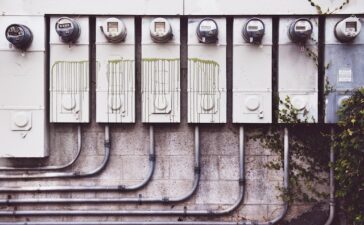Home blood pressure monitoring is crucial for treating high blood pressure or hypertension.People with high blood pressure are advised to monitor their blood pressure at home. Your care professionals can assess the effectiveness of treatment by often testing your blood pressure at home.
It’s not necessary to get a prescription to purchase a home blood pressure monitor. But it’s crucial to understand where to go for a reliable home blood pressure monitor and how to use it properly. Consider getting one from Ihealth Australia for good quality ones.
Home blood pressure monitoring can:
Assistance with early diagnosis Self-monitoring can assist your doctor in detecting high blood pressure earlier than if you only sometimes have your blood pressure taken at a clinic. For those who have high blood pressure or another condition like diabetes or kidney disease that could make it worse, home monitoring is especially crucial.

Maintain a therapy log. Regular blood pressure checks are the only method to determine whether lifestyle modifications or medicines are having the desired effect. Making decisions regarding your treatment, such as altering dosages or switching drugs, might be aided by home blood pressure monitoring.
Encourage improved restraint. Self-monitoring can help you feel more in charge of your health. You might feel more motivated to control your blood pressure with better diet, exercise and medication use if you self-monitor.
Spend less on healthcare. Self-monitoring could reduce the need for medical care.
See if your blood pressure varies while you’re not in a doctor’s office. Some people experience blood pressure increases as a result of anxiety during a doctor appointment known as white coat hypertension. Some persons have greater blood pressure outside of a clinic even when their blood pressure is normal there. Determine whether you actually have high blood pressure by monitoring your blood pressure at home. An automatic or electronic device is advised. You can get assistance from your doctor in selecting the finest monitor for you.

Most blood pressure monitors contain the same fundamental components:
Air-filled cuff. The air-filled interior of the cuff presses against the arm. The outer layer of the cuff contains a clasp to keep it closed. By seeing the changes in the velocity of the artery as blood flows through it when the cuff deflates, the device determines heart rate and blood flow.Readouts are gauged. Some blood pressure monitors allow users to record the average of multiple readings.The most accurate digital monitors are often those mounted on the upper arm.
Some persons who have very large arms might not have access to an upper arm cuff that fits them properly at home. If this is the case, checking your blood pressure at the wrist or lower arm may be safe if done as instructed and compared to readings obtained in your provider’s office. It is advised for using a monitor with an upper arm cuff when one is available for the most accurate blood pressure reading.









